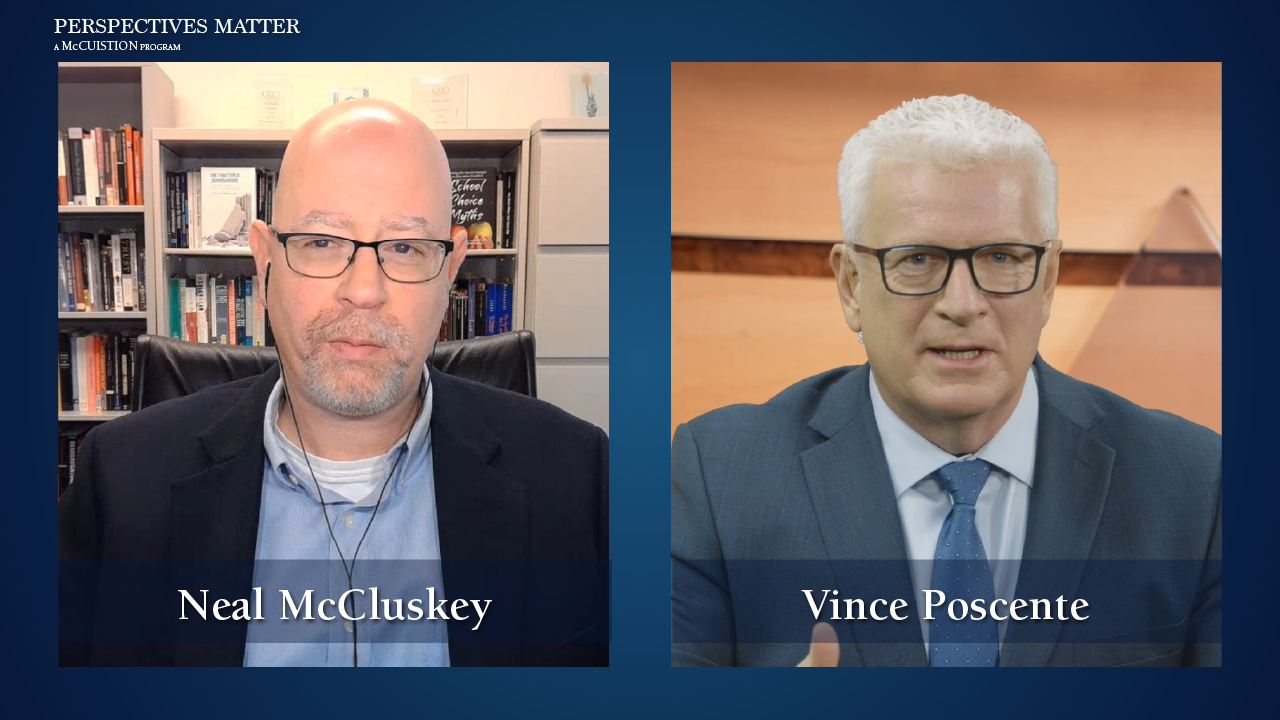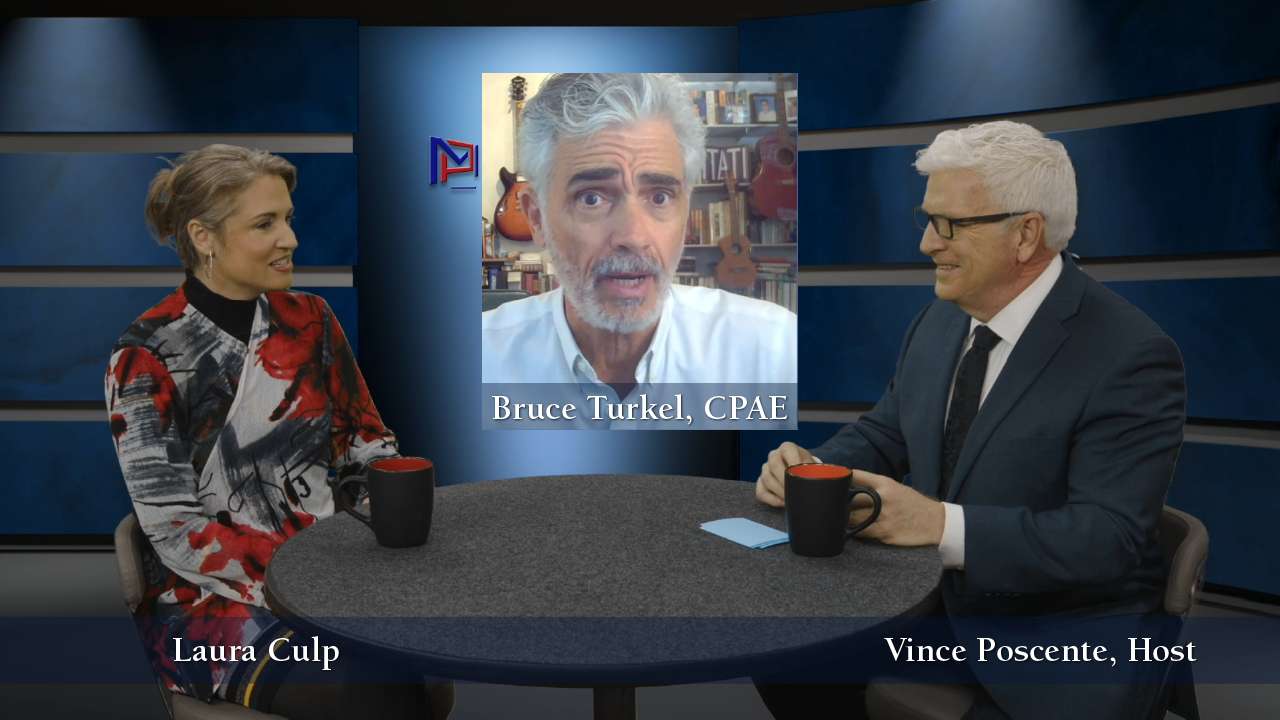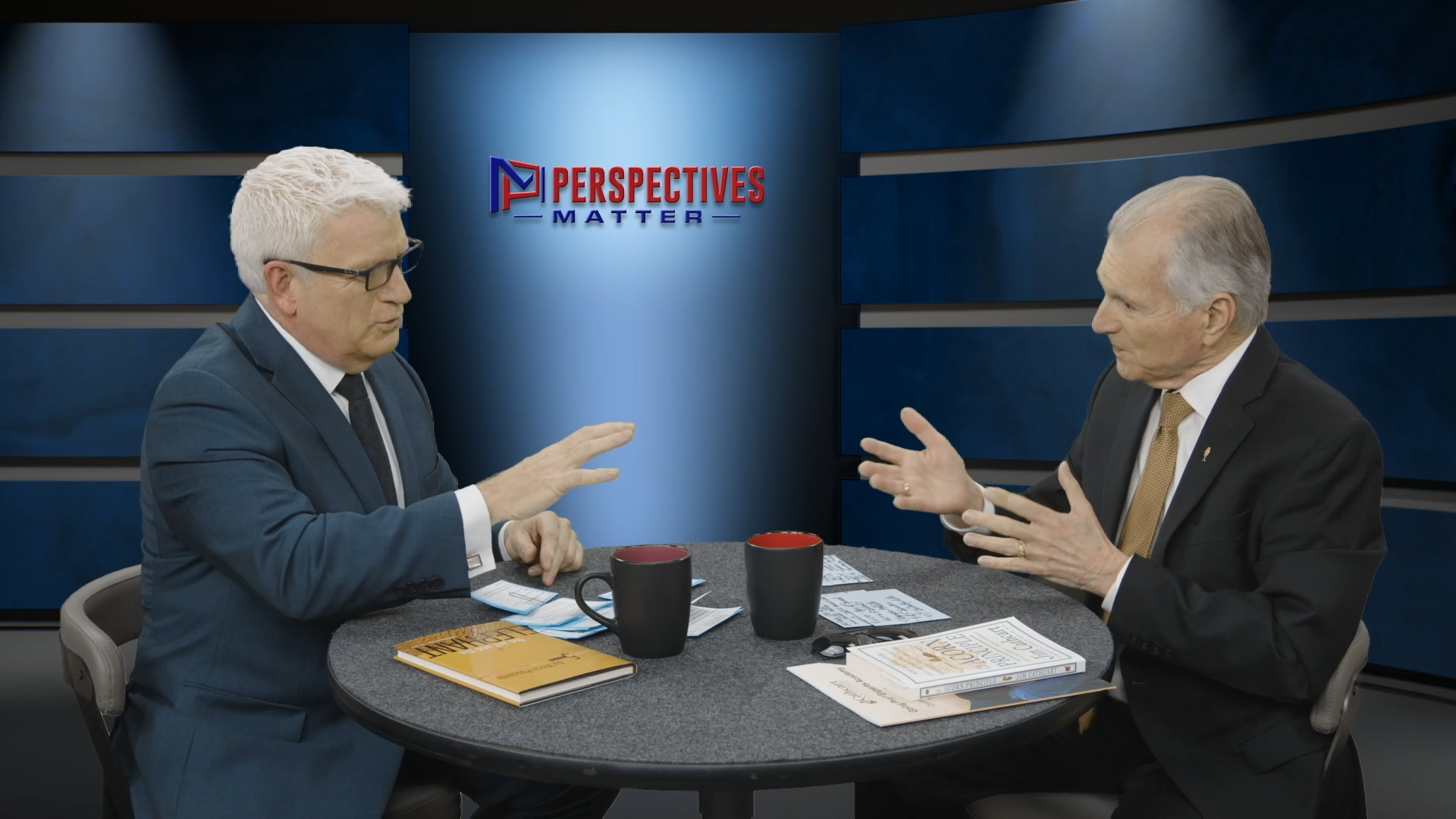The federal government took many quick actions in the wake of the credit crisis in order to stop the damage. Now it wants to implement new regulations to prevent future problems. In this episode of McCuistion TV, we examine changes in corporate governance.
Joining Dennis McCuistion, for a lively discussion on this issue are guest experts:
Edward J. Durkin – Director of the Corporate Affairs Department of the United Brotherhood of Carpenters and Joiners of America
Francis H. Byrd – Managing Director and Co-Leader for the Corporate Governance Advisory Practice at The Altman Group
Robert Royer – Partner in The McPherson Group and former Legal and Legislative Counsel to the Securities Industry Association and former General Counsel to the Joint Committee on the Library of Congress and Counsel to the House Administration Committee of the United States Congress
Would you have believed me if I had told you in 2007 that these things would happen…
- Bear Sterns and Lehman Brothers disappeared
- Fannie Mae, Freddie Mac and AIG have been nationalized
- Washington Mutual became the largest bank failure in history
- The $300 billion auction rate securities market disappeared
- Merrill Lynch was bought by Bank of America
- Morgan Stanley and Goldman Sachs are now bank-holding companies
- Congress approved a $168 billion economic stimulus package in February 2008, a $300 billion homeowner relief bill, and a $700 billion bailout of the financial system
- The Treasury has guaranteed $1.3 trillion in money market funds
- FDIC has increased deposit insurance to $250,000
- The Federal Reserve has injected over $1 trillion of liquidity into the banking system
…and if you were in DC at the time, what would your response have been?
The discussion on corporate governance focuses on what Government has done thus far and what it is likely to do.
Robert Royer tells us of the mood in Congress and that it (Congress) “is fashioning a broad yet specific approach to the problems of meltdown.” He informs us that there has been some legislation produced by the Administration and the House Banking Committee while while the Senate Banking Committee has been fairly quiet throughout the process. The two banking committees, House Financial Services and the Senate, are “the two principle engines of any change that might take place in this area.”
Ed Durkin tells us about unions, their funds, and how they impact our economy, while Dennis reminds us that union pension funds are huge, saying that “People think of unions, from a ’40-’50’s perspective.” Durkin addresses this issue by discussing that Unions were the first to put in place employment pension funds.
According to Durkin, “unions are in a unique position to blend the interests of their members as workers as well as the interests of their members as owners.”
He believes we need to come up with a long term approach of value enhancement, reminding us that “the idea of workers owning America is one that people don’t understand.” Presently, there are over 100 pension funds in the country. He says, “we invest in the market.”
Francis Byrd tells us that board governance has now changed dramatically. “Share holders are far more interested in oversight of management and risk, strategic planning. They are on top of management, a huge dramatic change.”
Securities Exchange Commission (SEC)
The Securities Exchange Commission is a government agency. Their role is to protect investors, not just institutions but individuals.
Has the SEC fulfilled its responsibility to its investors?
Royer says, there was a lack of oversight and responsibility under Secretary Christopher Cox citing the SEC’s handling of Madoff. They believe the SEC should have been tougher as the SEC did not have the most capable people with the best knowledge of exotic financial products.
With Chairman Shapiro there should be improved disclosure on companies and they concur that he is the right person for a very big task. They believe that Cox did few good things, such as modernizing disclosure, but the new group will be more aggressive.
Federal Reserve and the Treasury
The panelists talk about the Federal Reserve and the Treasury and the power plays between them, over who is going to be that “over-arching regulator.” The prediction: The Fed will probably continue being in charge as the systemic regulator, despite past missteps.
From the move to control executive compensation to amending proxie votes so brokers can not use shareholder’s votes to elect corporate directors, to proposed new regulations and the political environment – The Government’s Response to the Crisis in Corporate Governance gives us a well rounded education on what we must do to reduce future risk and negligence in corporations today.
Overall the crisis and meltdown may have caused much needed scrutiny. Thus, we are looking at longer term value creation for the good of all concerned.
 And a special thank you to the Institute for Excellence in Corporate Governance,University of Texas at Dallas, School of Management, (http://som.utdallas.edu/iecg/) for providing the guests for this 4 part series on Corporate Governance.
And a special thank you to the Institute for Excellence in Corporate Governance,University of Texas at Dallas, School of Management, (http://som.utdallas.edu/iecg/) for providing the guests for this 4 part series on Corporate Governance.
Niki Nicastro McCuistion
Executive Producer/Producer
***
1807 – 11.08.09






